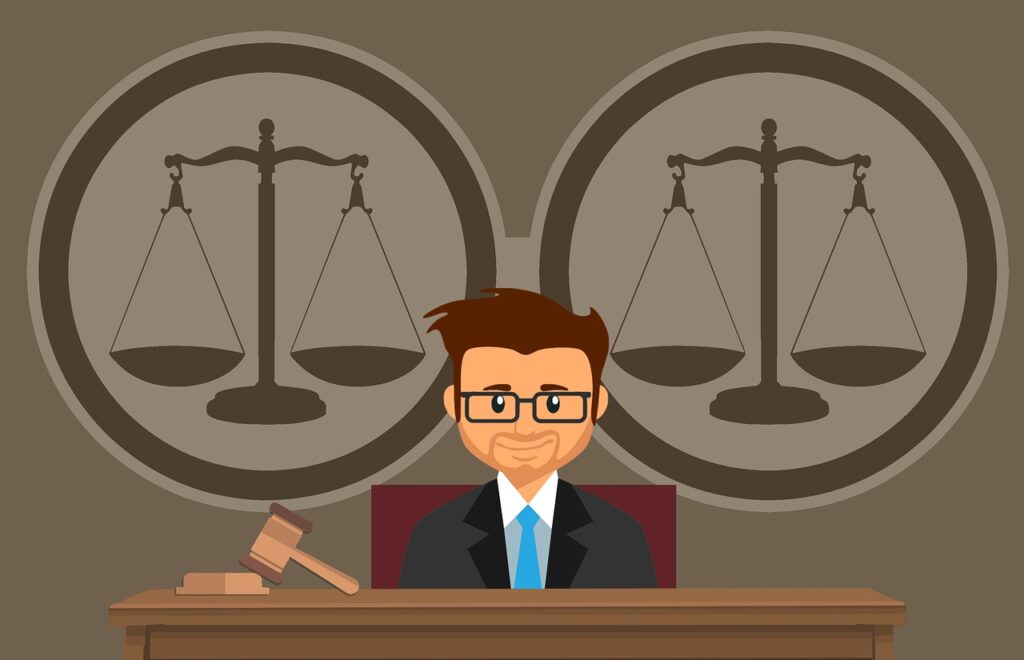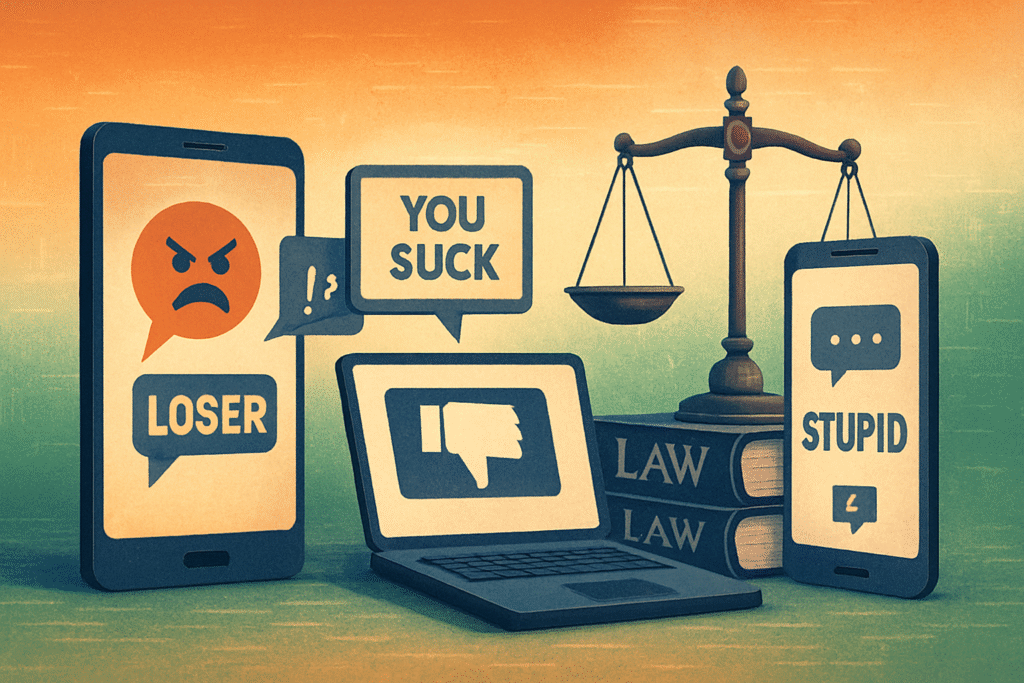Published On: 17th May, 2024

Abstract
Due to its responsibility for maintaining order, enforcing the law, and ensuring public safety, the criminal justice system is essential to society. But more and more information has shown that this system has serious weaknesses and injustices. Comprehensive policy reform is necessary for creating an equitable and functional system. In order to address systemic problems like racial bias and harsh sentencing practices, this chapter will examine the urgent need for policy reform in the criminal justice system. We will also look at promising policy efforts and how they might change the legal system by encouraging equity, justice, and rehabilitation. We may work towards a future in which the criminal justice system offers real justice, rehabilitation, and societal healing for everyone by critically examining these problems and pushing for revolutionary change.
Keywords: Criminal Justice, Comprehensive Policy, Rehabilitation.
Introduction
The criminal justice system’s shortcomings and inequities have come under close examination in recent years, leading to calls for major reform. Particularly the United States has struggled with problems like racial inequality, mass imprisonment, and the criminalization of poverty. These systemic issues continue cycles of poverty and marginalisation within communities in addition to undermining confidence in the judiciary and law enforcement. We will examine the historical background, present issues, and suggested remedies in this article as we examine the pressing need for comprehensive criminal justice reform and work towards building a more just and efficient legal system.
Historical Background
It is essential to look at the criminal justice system’s historical development in order to understand its current situation. Many of the problems of today have their origins in practices and policies that were put into place decades ago. For instance, an increase in rates of imprisonment resulted from the 1970s War on Drugs, which unfairly targeted communities of colour. Stricter regulations pertaining to punishment, like mandatory minimum terms and three-strikes statutes, made matters worse by putting punishment above rehabilitation.
Furthermore, from policing to sentencing, every facet of the criminal justice system has been impacted by the history of systematic racism. Throughout the criminal justice system, African Americans and other marginalised groups have experienced prejudice, which has led to unequal results in terms of arrests, convictions, and sentences. Racial bias still influences police enforcement tactics and adds to the disproportionate number of minorities incarcerated in jails and prisons, notwithstanding advancements in civil rights laws.[1]
Mass Incarceration and Sentencing Reform [2]
The phenomenon of mass imprisonment is among the most urgent problems facing the criminal justice system. With millions of people incarcerated, mainly for nonviolent offences, the United States has the highest rate of incarceration worldwide. Instead of making communities safer, this punitive approach to justice has served to reinforce the cycles of poverty and crime.
Sentimental change that is comprehensive is required to reduce mass imprisonment. Reevaluating obligatory minimums is one way to do this. They deprive judges of their discretion and lead to sentences that are excessively harsh, especially for drug-related offences. Rather than promoting jail, authorities ought to give priority to alternatives like drug courts, diversion programmes, and restorative justice initiatives. These initiatives address the root causes of criminal behaviour, such as substance misuse and mental illness, in addition to reducing jail overcrowding.
Racial Inequality and Bias in the Criminal Justice System
It is clear that there are widespread racial inequities in the criminal justice system. Data has repeatedly demonstrated that, even for comparable offences, African Americans and Hispanics are more likely than their white counterparts to be stopped, arrested, and found guilty. These discrepancies have deeper roots in institutional racism and bias rather than being exclusively attributable to variations in crime rates.
Racial bias affects judgement at every turn in the criminal justice system, from policing to sentencing. For instance, research indicates that law enforcement officials are more prone to view Black people as threatening or dangerous, which results in the disproportionate use of force and greater incidences of police brutality. Similar to this, prosecutors might pursue more serious charges and plea bargains for defendants from minority groups, which would explain why sentencing results differ.
Systemic changes are required to address racial unfairness in the criminal justice system. To guarantee impartial and fair decision-making, this entails diversifying the judiciary and providing unconscious bias training to law enforcement and prosecutors. Community oversight committees can also promote accountability and openness, giving impacted communities a say in police procedures and guidelines. [3]
Police Reform and Accountability
Nationwide anger and a renewed push for police reform have been triggered by recent instances of misconduct and violence by the police. The killings of George Floyd, Breonna Taylor, and numerous others have brought to light how critical it is for law enforcement agencies to address systemic problems with community relations, accountability systems, and use of force rules.
The use of force is one of the main areas where police reform is concentrated. De-escalation is often emphasised less than compliance due to the unnecessarily strict and antiquated standards of many law enforcement agencies. This has led to avoidable fatalities and injuries, especially in communities of colour. Police departments should implement in order to encourage accountability and stop tragedies in the future. [4]
Conclusion
To sum up, comprehensive criminal justice reform is necessary to address the injustices and systemic faults that afflict the current system. We may advance towards a more just and efficient legal system by addressing mass incarceration, eliminating racial bias, addressing historical background, and enacting police reform. But in order to bring about significant change, communities and governments must work together across party lines, support grassroots initiatives, and maintain their commitment. Fairness, accountability, and the defence of human rights must be given top priority if we are to promote justice for all and build more inclusive, safe, and healthy societies for coming generations.
References
- MARK JONES, HISTORY OF CRIMINAL JUSTICE (5th, Elsevier Science, U.S.A., 2011).
- American Civil Liberties Union, Mass Incarceration, https://www.aclu.org>mass-incarceration-animated-series
- Michael Waldman, A Federal Agenda for Criminal Justice Reform, BRENNAN CENTER FOR JUSTICE (Dec.9,2020), org/our-work/policy-solutions/federal-agenda-criminal-justice-reform
- Brennan Center For Justice, Police Reform and Accountability, https://www.brennancenter.org>series>police-reform





